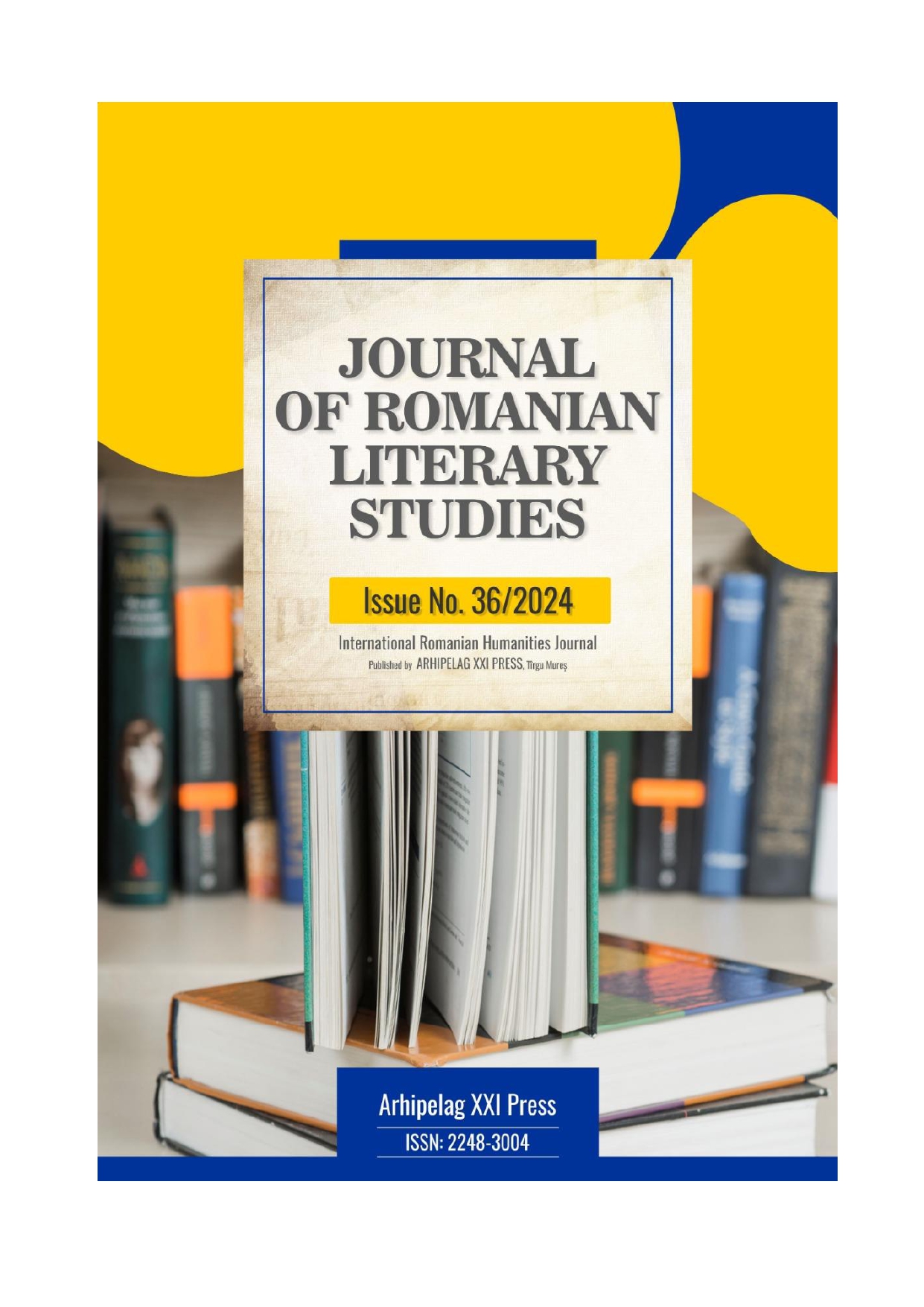TOLERANȚA EUROPEANĂ – „WELCOME CULTURE” – UN ATU SAU „CĂLCÂIUL LUI AHILE”?
The purpose of this article is to sound the alarm about Europe’s open door policy. The old continent deserves all the credit for its hospitable spirit towards migrants, but if the gates continue to be wide open, without prior pre-selection, we will wake up too late with the Trojan Horse within our walls. This article is against Islamophobia as much as it is against anti-Semitism or against the European extreme (radical) right. A balanced approach to the migration phenomenon is not the same as taking no stance. This phenomenon is like a double-edged sword. On the one hand, it gives you the impression that it can solve the aging of the European population and the labor force crisis, on the other hand, it risks destabilizing Europe’s identity.
More...
